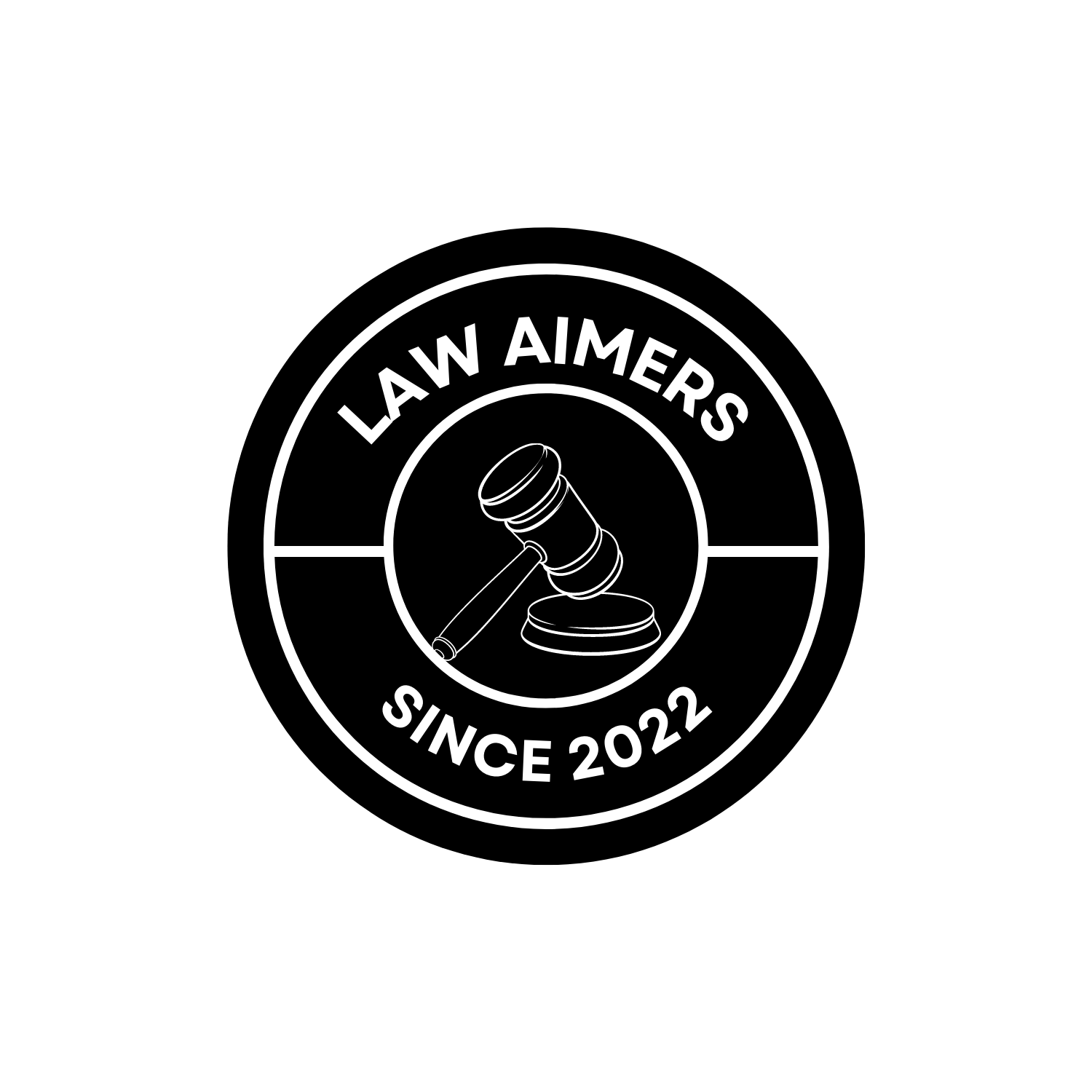Under the Indian Evidence Act, 1872, there are provisions that allow for the admission of statements made by persons who cannot be called as witnesses. These statements are considered hearsay evidence and are admissible under certain circumstances.
Section 32:
Statements by Persons who are Dead or Cannot be Called as Witnesses: Section 32 of the Indian Evidence Act deals with statements made by persons who are dead or cannot be called as witnesses. It allows for the admission of such statements under certain conditions.
Admissibility of Hearsay Evidence:
Hearsay evidence refers to a statement made by a person who is not testifying in court, but the statement is being presented through someone else. Generally, hearsay evidence is considered weak and unreliable. However, there are exceptions to this rule, including statements made by persons who are dead or cannot be called as witnesses.
Requirements for Admissibility:
For the statements of a person who is dead or cannot be called as a witness to be admissible, the following conditions must be met:
- The statement must relate to the cause of the person’s death, or to any of the circumstances surrounding the death.
- The person making the statement must be considered to be in a position to know the facts stated.
- The statement must be made before the question of the person’s death has arisen.
Examples of Admissible Statements:
Under Section 32, statements made by a deceased person regarding the cause of their own death or the circumstances leading to their death may be admissible. For example, a statement made by a person before their death describing the manner in which they were injured or naming the person responsible for their injuries may be admissible as a dying declaration.
Evidentiary Value:
Statements made by persons who cannot be called as witnesses, such as deceased individuals, carry evidentiary value. They can provide important information and shed light on the circumstances or events surrounding a case. However, the court will carefully consider the reliability and credibility of such statements, as they are not subject to cross-examination.
Corroboration:
While statements made by persons who cannot be called as witnesses can be admissible, the court may require some form of corroboration to support the veracity of such statements. Corroboration can be in the form of other evidence or testimony that supports the truthfulness of the statement.





